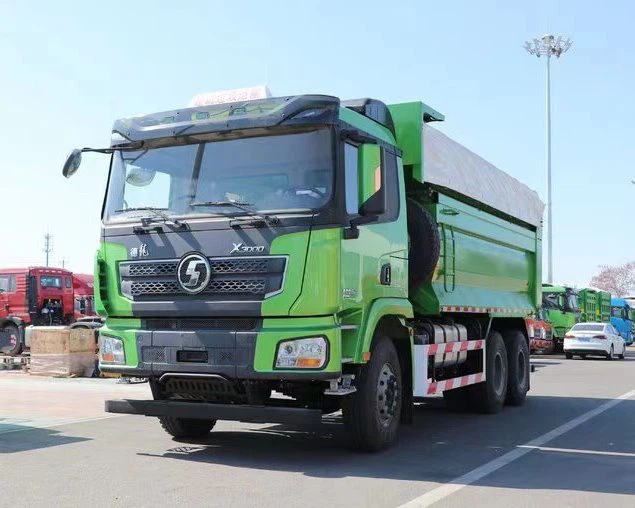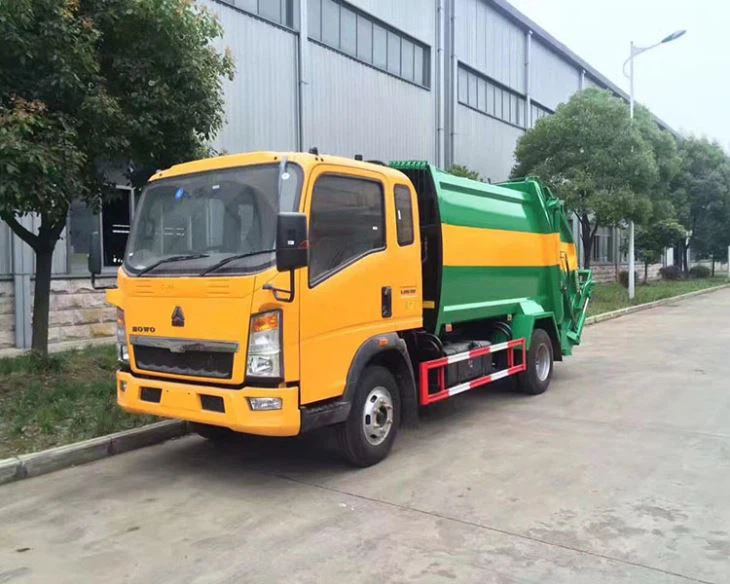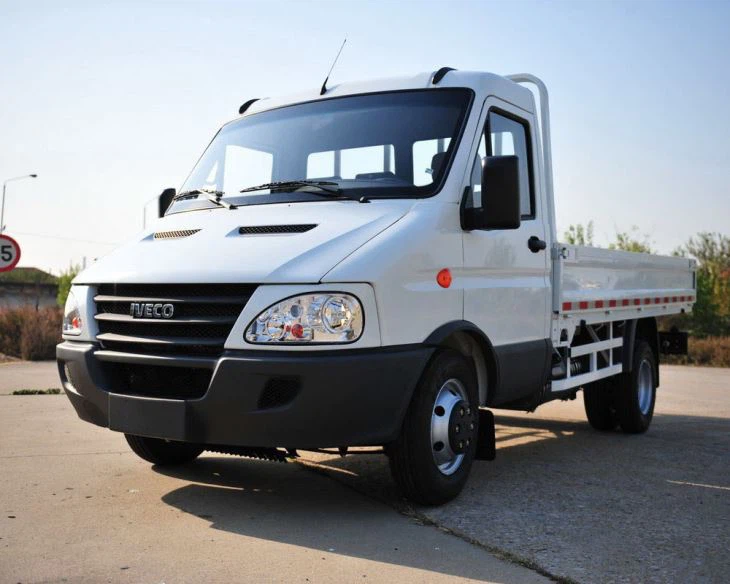Exploring the Truck World: A Comprehensive Guide to Everything Trucks

The world of trucks is vast and dynamic, encompassing a wide range of vehicles designed for different purposes. From heavy-duty freight carriers to stylish pickup trucks, each plays a unique role in our daily lives. This article dives deep into the truck world, exploring types, technologies, maintenance tips, and trends that shape the industry. Whether you’re a truck enthusiast, a potential buyer, or simply curious, this guide will provide valuable insights into the world of trucks.
Understanding the Truck World
What is the Truck World?
The term “truck world” refers to the industry and community surrounding various types of trucks, including manufacturing, purchasing, maintenance, and use. It is not just about the vehicles themselves but also about the culture, events, and innovations that drive this sector.
The Importance of Trucks in Modern Society
Trucks are vital for transporting goods, serving various industries such as agriculture, construction, and logistics. They enable businesses to operate efficiently and are essential for day-to-day transportation of both goods and services.
Types of Trucks
1. Light-Duty Trucks
Light-duty trucks are designed primarily for personal use and light cargo transportation. They are typically classified as trucks under 8,500 pounds. Examples include:

- Pickup Trucks: Popular for their versatility and capability.
- Vans: Commonly used for transporting passengers or goods.
2. Medium-Duty Trucks
Medium-duty trucks range between 8,500 to 26,000 pounds and are often used for commercial purposes. Examples include:
- Box Trucks: Excellent for deliveries and moving businesses.
- Dump Trucks: Utilized in construction for hauling materials.
3. Heavy-Duty Trucks
Heavy-duty trucks are designed for the toughest transportation tasks, often exceeding 26,000 pounds. They are often employed for long-haul freight. Examples include:
- Semis: The classic 18-wheelers for long-distance hauling.
- Day Cabs: Designed for local deliveries without sleeping accommodations.
4. Specialty Trucks
These trucks serve unique functions in specific industries, including:

- Fire Trucks: Essential for firefighting operations.
- Reefer Trucks: Used for transporting temperature-sensitive goods.
Truck Technology and Innovations
The Role of Technology in Truck Performance
Technological advancements are significantly influencing truck performance and efficiency. Key innovations include:
1. Engine Efficiency
Newer trucks utilize advanced engine technologies that maximize fuel efficiency and reduce emissions.
2. GPS and Fleet Tracking
GPS technology helps in route optimization, ensuring timely deliveries and efficient fuel usage.
3. Safety Features
Advanced driver-assistance systems (ADAS) are becoming common, reducing accidents through features like automatic braking and lane departure warnings.
Buying a Truck: What to Consider
1. Determine Your Needs
Understanding your primary use for the truck is crucial. Consider factors like payload capacity, size, and whether you’ll need a commercial or personal vehicle.
2. New vs. Used Trucks
Decide if you want to buy a new truck with the latest features or a used truck that might offer significant savings. Each option has its pros and cons.
3. Financing Options
Explore various financing options, including loans, leases, and dealership financing. Ensure you select a plan that fits your budget.
Maintenance Tips for Your Truck
1. Regular Inspections
Perform regular inspections to catch potential problems early. Focus on brakes, lights, tires, and fluids.
2. Oil Changes
Regular oil changes are vital for engine health. Follow the manufacturer’s recommendations for frequency.
3. Tire Care

Proper tire maintenance, including rotation and alignment, enhances performance and safety.
4. Keep it Clean
A clean truck not only looks good but also resists rust and decay. Regular washing is essential, especially in winter.
Truck Culture and Events
1. Truck Shows and Expos
Numerous trade shows and expos showcase the latest trends, technologies, and trucks. Events like the Great American Trucking Show highlight innovations and provide networking opportunities.
2. Online Communities
Online forums and social media groups facilitate discussions among truck enthusiasts, sharing tips, reviews, and experiences. Platforms like Reddit and Facebook host active truck communities.
Sustainability in the Truck Industry
1. Moving Towards Electric Trucks
With increasing environmental concerns, manufacturers are investing in electric trucks that generate lower emissions compared to traditional diesel engines.
2. Improved Fuel Efficiency
Trucking companies are adopting strategies to enhance fuel efficiency, integrating technologies that optimize route planning and load efficiency.
The Future of the Truck World
1. Autonomous Trucks
The introduction of autonomous trucks is changing the landscape of logistics and transportation. While still in development, their potential to improve efficiency is significant.
2. Smart Transportation Systems
Technological advancements will lead to more connected vehicles, improving data sharing and operational efficiency across the trucking sector.
Frequently Asked Questions (FAQ)
1. What is the difference between a light-duty and heavy-duty truck?
Light-duty trucks are smaller and designed for personal and light commercial use, usually weighing under 8,500 pounds. Heavy-duty trucks are larger, built for rigorous tasks, typically over 26,000 pounds.
2. How often should I service my truck?
Regular maintenance is key. The frequency depends on usage, but generally, oil changes should be done every 5,000 to 7,500 miles, and comprehensive inspections should occur at least twice a year.
3. Are electric trucks a viable option for businesses?
Yes, electric trucks offer reduced fuel costs and lower emissions. They are becoming increasingly viable as technology improves and infrastructure develops.
4. What should I look for when buying a used truck?
Check the truck’s maintenance history, overall condition, mileage, and previous usage. A thorough inspection can prevent potential future issues.
5. What are some tips for enhancing fuel efficiency in trucks?
Maintain proper tire pressure, reduce unnecessary weight, adhere to regular maintenance schedules, and adopt smart driving techniques to improve fuel efficiency.
6. How do truck shows benefit the trucking community?
Truck shows promote networking, showcase new products and technologies, and provide learning opportunities for both industry professionals and enthusiasts.
